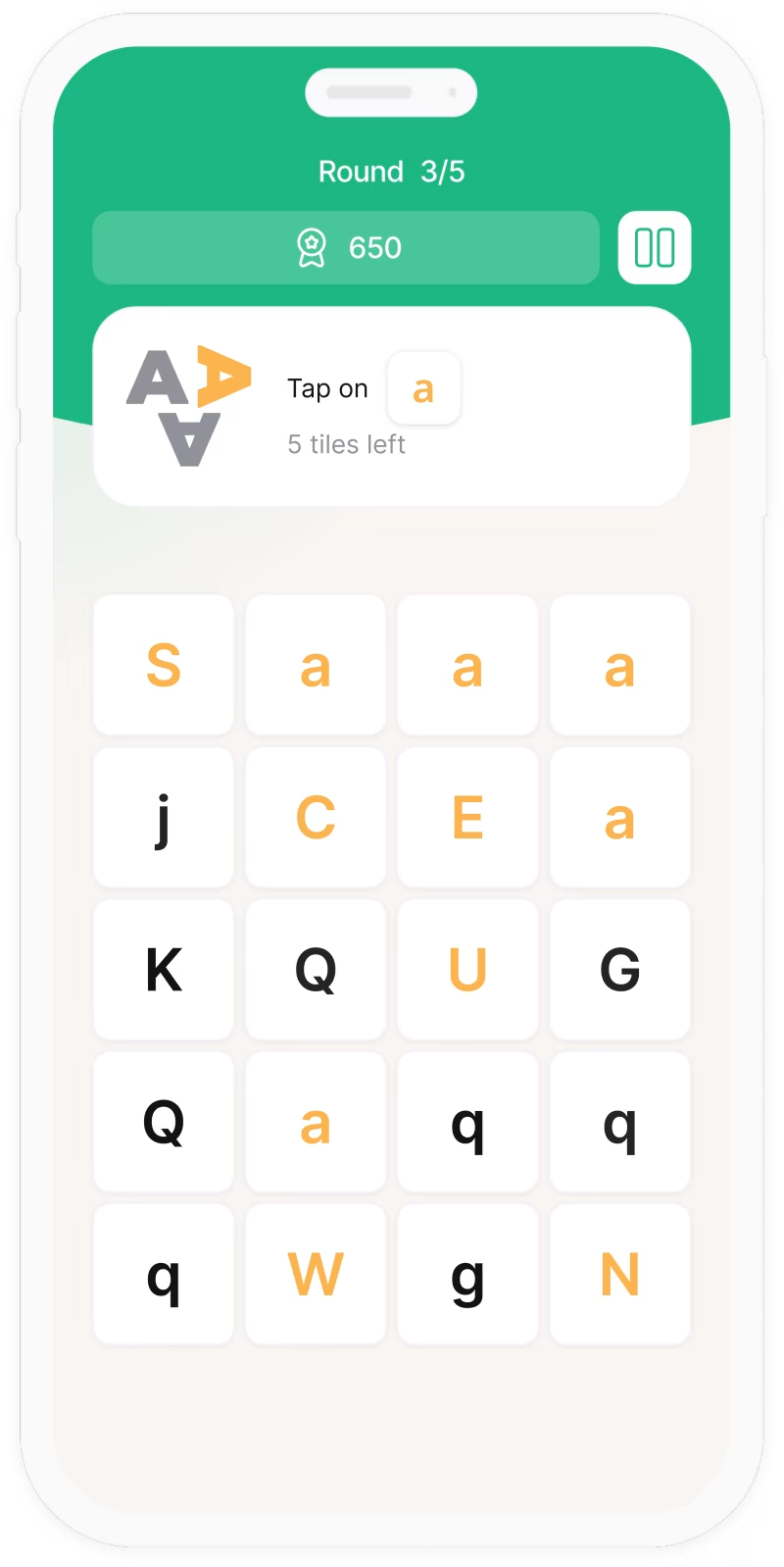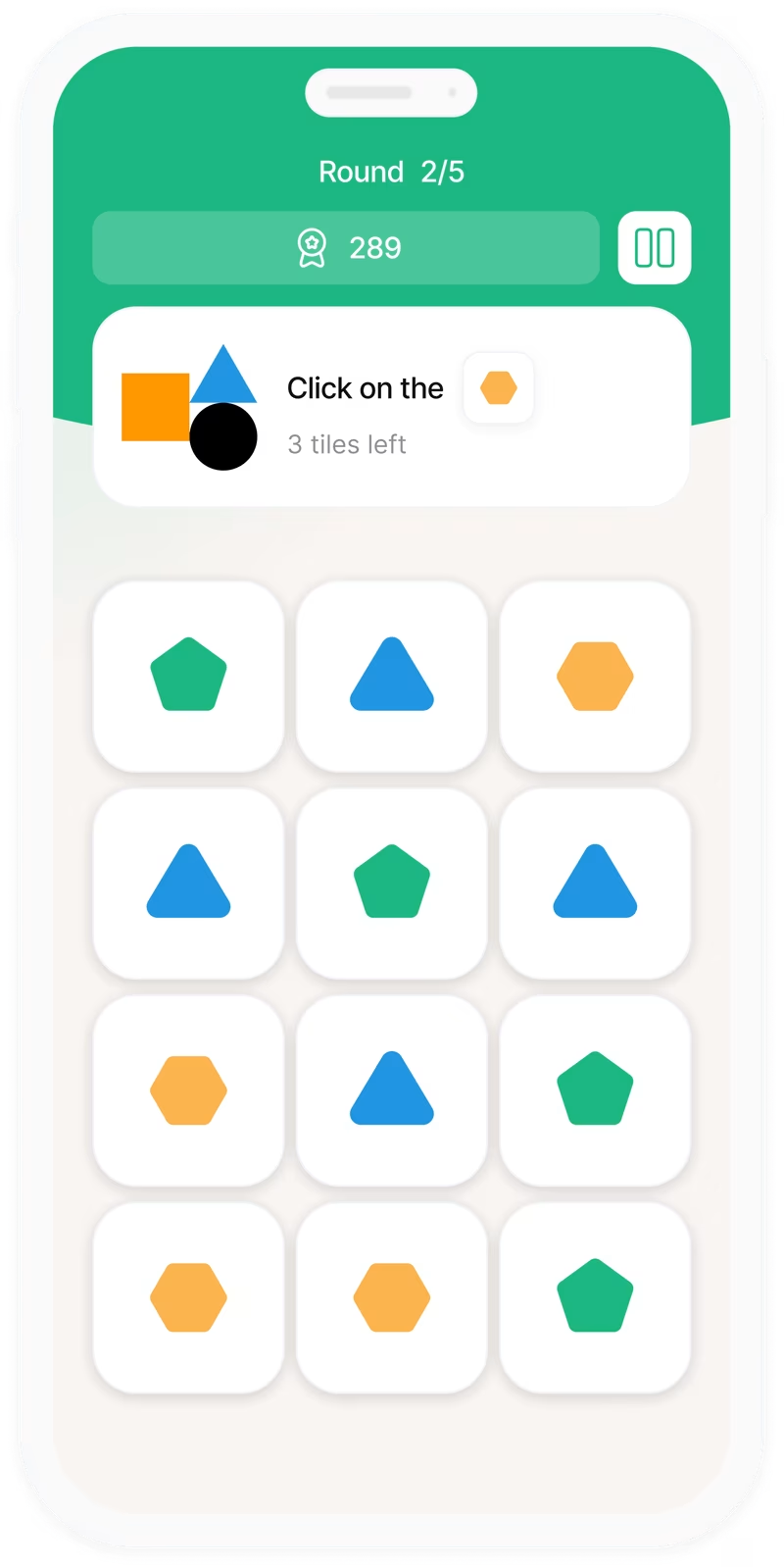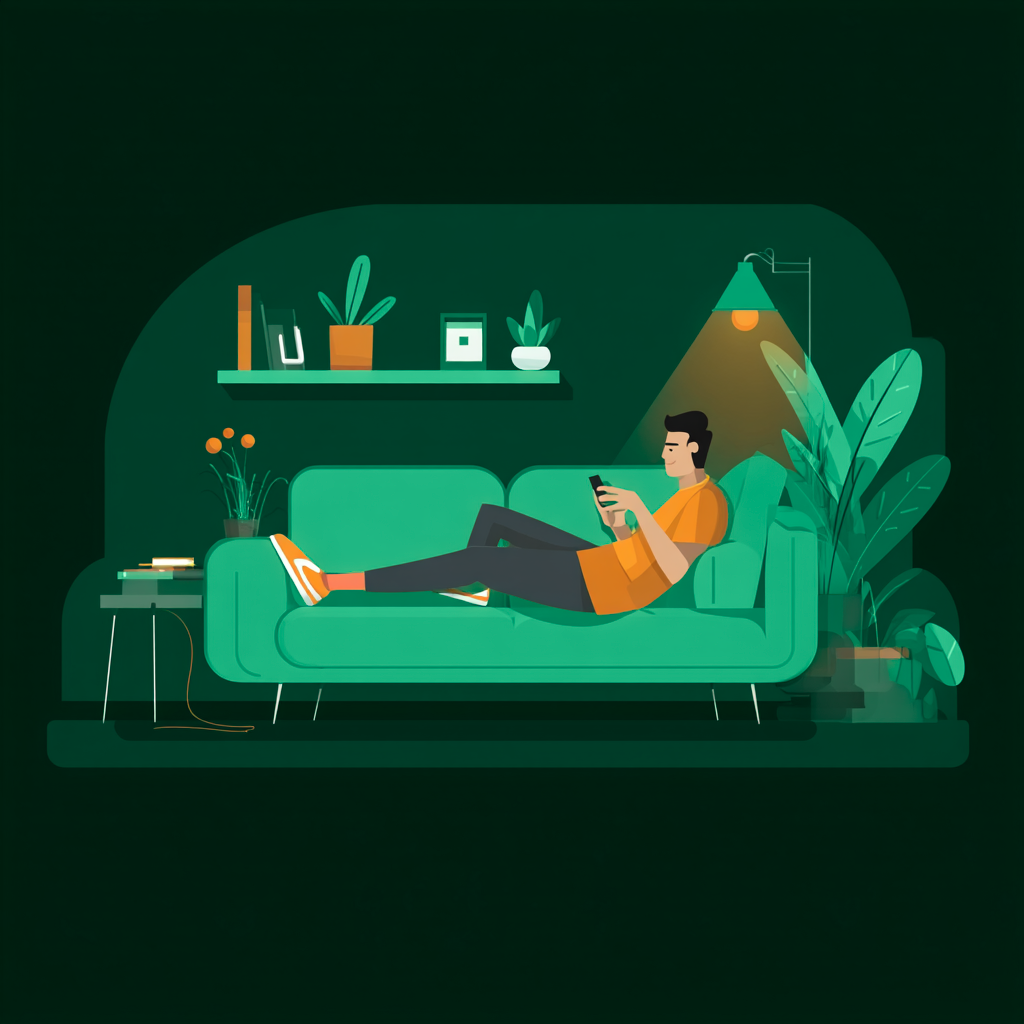Have you ever found yourself struggling in social situations? Do you ever feel that you are misunderstood? Here is something you should know: social and romantic relationships thrive on communication, attention, and emotional regulation and ADHD impacts all of these areas. So, "the struggle is real."
While people with ADHD bring creativity, spontaneity, and passion to their relationships, they may also face hurdles that can strain bonds which ultimately makes them feel isolated and misunderstood. Let's see how ADHD impacts social and romantic relationships.
ADHD is strongly associated with central executive memory deficits that covary with behaviour in different settings [1]. This is reflected in their behaviour across different social settings. In relationships, remembering birthdays, anniversaries, meet-up plans or even responding to the message someone left can carry a lot of weight (let's see if you can relate to this video). For someone with ADHD, forgetfulness is not carelessness, it's a neurological challenge. Missing these details can sometimes be interpreted as disinterest, leading to frustration on both sides. Long conversations, especially when the topic feels uninteresting to them or unfocused, can be difficult for someone with ADHD, as their mind often races with dozens of other thoughts and ideas at the same time (they keep losing track). Sometimes when they themselves are sharing something they can lose track of what they were saying.
This can look like:
Research shows that difficulties in social communication and social awareness are very common [2]. Since ADHD brains are wired for immediacy, it means words may come out before they’re fully thought through. In social or romantic settings, impulsive comments can unintentionally hurt others or escalate conflicts. This sometimes gets you lots of labels such as disrespectful, uncouth, mannerless and what not!
This can look like:
One of the most invisible struggles in ADHD is difficulty managing emotions. People with ADHD often experience feelings more intensely and may swing from enthusiasm to frustration quickly. Studies suggest that emotional problems can increase as ADHDers grow up [3], this can make maintaining relationships and social harmony harder.
This can look like:
Many adults with ADHD struggle with rejection sensitivity dysphoria (RSD) which is an intense emotional reaction to perceived criticism or rejection. This can cause avoidance of social situations, fear of opening up in relationships, or withdrawing from conflict [4]. Over time, repeated misunderstandings can affect self-esteem and lead to feelings of being "too much" or "not enough" in relationships.
This can look like:
While these struggles are real, it's equally important to recognize the strengths people with ADHD bring to their social worlds. Many partners describe ADHD individuals as deeply passionate, fun, spontaneous, and empathetic [5]. Their creativity and intensity can add spark to friendships and intimacy alike. When couples and friends learn to adapt using reminders, communication strategies, and compassion, relationships with someone who has ADHD can thrive.
ADHD doesn't make someone "too difficult to handle". It simply creates a different set of challenges. By understanding forgetfulness, impulsivity, emotional regulation difficulties, and rejection sensitivity, both individuals with ADHD and their loved ones can build more patient, compassionate, and fulfilling connections.
Whether you're here to focus better, calm your mind, or just feel a little more in control, we’re here to support you. One game at a time.





